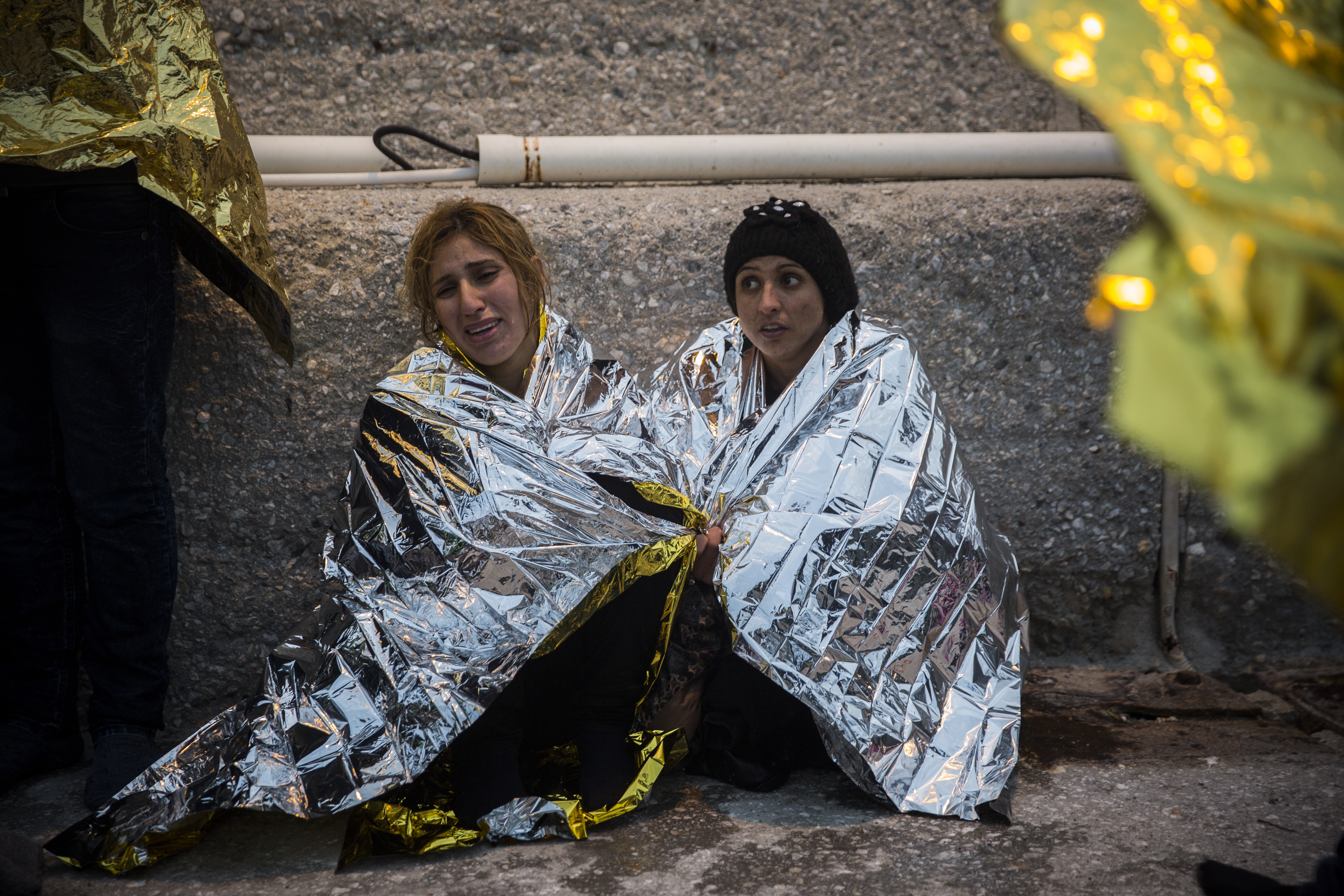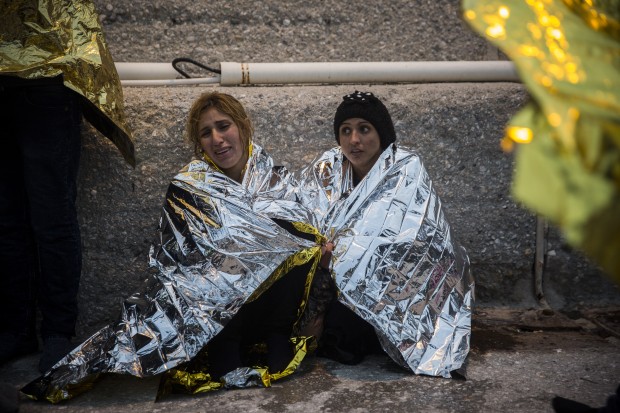
Female refugees face exploitation in Greece

In a recent Al Jazeera report, they focused on the lives of female refugees and the hardships they face as they travel from Turkey to Greece, as female refugees face sexual exploitation while children are vulnerable to kidnapping. Their report features Samira, 32-year-old, who traveled from Morocco, to Greece.
When Samira reached the island of Lesbos, she discovered that her savings she carried in her bag were missing. Samira suspected a group of Moroccan men and when she confronted them they became aggressive and asked her to follow them. “When I refused, they became aggressive and said I would be on my own,” she told Al Jazeera.
Samira who posed as a Syrian, asking for a refugee status, embarked on this journey to find any job in Europe that would enable her to send money back to her children in Ahir, Morocco.
The report states that the UNHCR has stated that women traveling alone are at risk of abuse on their journey through Europe and in reception centers. “Cases of sexual violence have been reported to our staff,” says Ron Redmond, a spokesperson for the UN agency in Greece speaking to Al Jazeera. “On one of the islands, our protection staff prevented the rape of a young woman by a large group of men.”
The Save the Children organization issued a report detailing cases of attempted sexual abuse, such as that of a young girl grabbed by a young man as she went to the toilet. Stories such as this are commonplace as women and children tell the organization that they feel discomfort at sleeping in tents with strange men.
Eva Cossé, a researcher on Greece with Human Rights Watch, says the situation has improved, but only because the numbers of women and children have dropped by 2,000 per day especially in light of the cold weather and recent EU deal with Turkey. This has made it easier for Greek authorities to cope.
Other testimonies collected by the UNHCR says that those who have run out of money or have been robbed are more likely to engage in “survival sex” to pay off smugglers.
Among the most vulnerable, reports Al jazeera, are the unaccompanied minors, estimated at 7,000 but it could be higher. 50% of unaccompanied minors go missing within 48 hours of arrival and the majority are never found. Furthermore, minors are less likely to ask for help and feel the need to move fast, while children often lie about their age, all under the misconception that authorities would delay their journey.
Kostas Yannopoulos, president of the Greek NGO Smile of the Child, worries that children split from or abandoned by their families end up being trafficked. While according to Zoi Levaditou, of the International Organisation for Migration in Lesbos, the main difficulty in protecting the most vulnerable is that “they trust smugglers more than they trust official organisations. This makes it more difficult to identify those at risk.”


